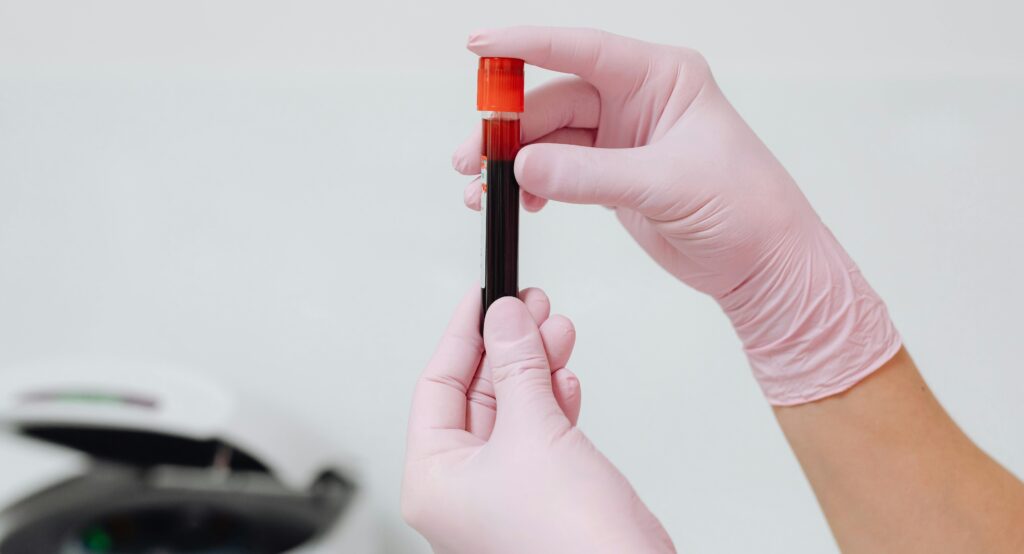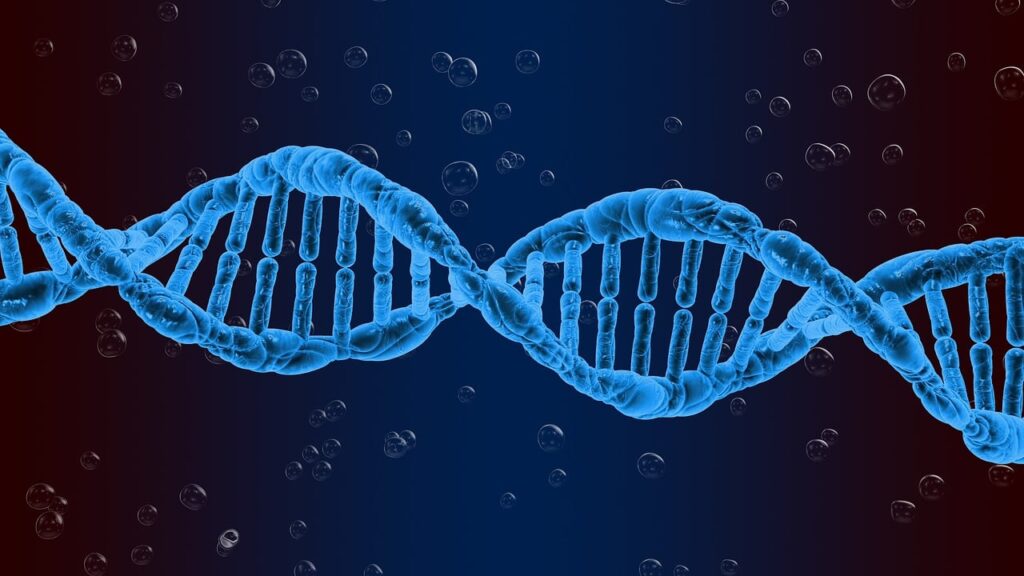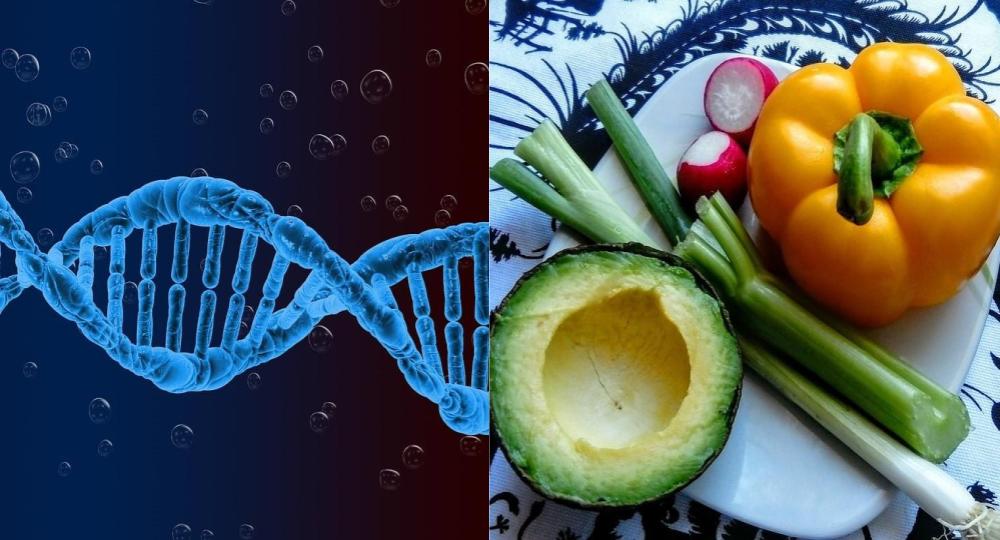
3 Tests to Help You Manage Your Biological Age
The concept of “biological age” has been studied for several decades, so it’s not exactly new. However, what’s more recent is the availability of consumer test kits designed to estimate or predict a person’s biological age. These tests are becoming increasingly popular.
What does biological age mean?
I can’t pinpoint exactly when I first heard the term—likely within the past few years—but even then, I didn’t rush to get tested. Honestly, I wasn’t entirely sure what it meant.
Maybe you’re already familiar with the concept or have even been tested, so you understand what it signifies for your health. Or, like many people, you might be unsure what the test or your score actually reveals.
To satisfy my curiosity, I immersed myself in research to better understand biological age. Essentially, it reflects the age of your cells, indicating how quickly they are aging. Your biological age could be younger, older, or close to your actual, or chronological, age.
It’s important to note that having a younger biological age doesn’t necessarily mean you’ll look younger than your chronological age—but you might! A slower rate of internal aging can influence your appearance. The reverse is also likely true for a higher biological age.
Does biological age matter?
That depends. Some people might be really invested in it, especially if they prioritize healthy living—eating well, exercising, getting enough rest, and managing stress. Others may not find it as relevant.
There are a couple of good reasons why knowing your biological age can be beneficial. It can help you better understand your health risks and focus on prevention. It may also guide you in potentially increasing your longevity.
If you’re curious, there are a few different ways to determine your biological age through various available tests. Let’s explore three of them to see what insights they offer and how you can use the results.
3 Types of Biological Age Tests
Blood Biomarkers

This type of testing can be ordered by physicians, nurses, or functional diagnostic practitioners. It doesn’t analyze your genetic makeup but rather focuses on what’s happening in your body. Typically, it measures markers related to metabolic health, immunity, inflammation, liver function, and sex hormones. These insights can be incredibly useful for understanding how your body is functioning at the cellular level, which in turn reflects how well you are aging.
When I took this test, I wasn’t specifically looking to determine my biological age. I signed up for a service called Function Health, co-founded by Mark Hyman, M.D., who also serves as the Chief Medical Officer. If you’re unfamiliar with Dr. Hyman, you can learn more about him here.
My goal in joining Function Health was to get a comprehensive view of my overall health. The base package offers 100 lab tests each year, with the option for up to 60 more tests about six months later. Once the tests are complete, a clinician reviews your results, provides detailed explanations, and offers personalized recommendations for improving your health.
Based on the assessment of your biomarkers, Function Health also calculates and assigns a biological age.
Nutrigenomics

A nutrigenomics test analyzes your unique DNA to understand how your body responds to various foods, identifying those that are beneficial and those that may not be well-suited to your individual needs. These reports often go beyond dietary recommendations, offering insights into your body’s ability to protect and repair DNA damage, along with other valuable information.
One thing to note about this report is that it only looks at the DNA you had at birth, not how your DNA may have changed or been damaged. It provides information that can help you optimize your health by understanding your genetic strengths and weakness, which can lead to better health and disease prevention.
Before working with a Functional Health Practitioner, I had never heard of nutrigenomics. It sounded interesting, so when she recommended a DNA Test by Nutrition Genome. I purchased it right away. I can’t say I really understood what it would reveal, but If you’re like me, you become curious when someone suggests something that could positively impact your health and well-being. This has been one of the best investments I’ve made in my health because it truly helps me to understand how my body is designed.
The Nutrition Genome DNA Test provides a comprehensive overview of how your body’s DNA functions in different areas, including Macronutrient Metabolism, Detoxification, Mental Health & Cognitive Performance, DNA Protection, Damage & Repair, Methylation, Hormone Support, Inflammation & Antioxidant Protection and Cardiovascular Health & Athletic Performance.
So, even though a nutrigenomics’ test won’t reveal your biological age, it can give you a roadmap to optimize your health, which in turn will help you manage your biological age.
Epigenetics

Epigenetics research began in the early 1960s. Fast forward to around 2010, when Dr. Steven Horvath introduced the epigenetic aging clock, commonly known as Horvath’s clock. This field focuses on DNA methylation, a biological process that examines how DNA changes over time within the human body. While the process is complex, you can explore it further here if you’re interested.
In simple terms, epigenetics examines the DNA you were born with and how it has changed over time due to internal and external influences. Factors like diet, supplements, medications, drugs, and alcohol, along with hormones, stress and environmental toxins, all play a role in affecting DNA methylation.
Two well-known options for epigenetic testing are TruAge™ by Tru Diagnostics and GrimAge. Both tests use a blood sample, which can be collected at home. Tru Diagnostics suggests regular testing to track changes over time, offering a subscription service, though a one-time purchase is also available for $499. The GrimAge test is priced at $375.
I haven’t undergone this testing yet, so I can’t offer personal insights into my own results. However, epigenetics is a powerful tool that helps reveal how your body is aging by examining the genes you were born with and how their expression has been altered over time.

Lauri Wakefield is the creator of the Inspiring Journeys podcast and the visionary behind the Inspired Living for Women premium newsletter. With a passion for empowering women to lead fulfilling lives, Lauri combines insightful storytelling with practical wisdom to inspire and motivate her audience.
